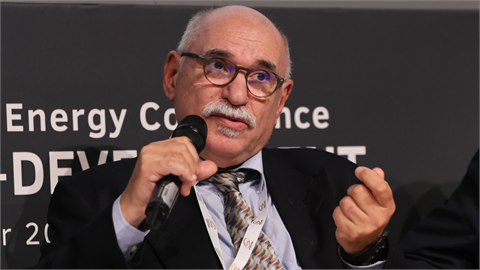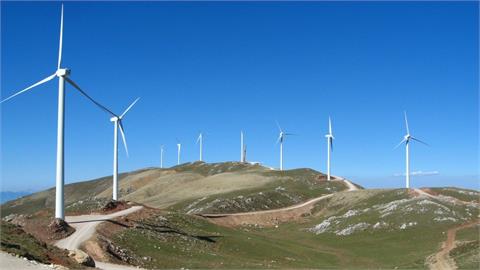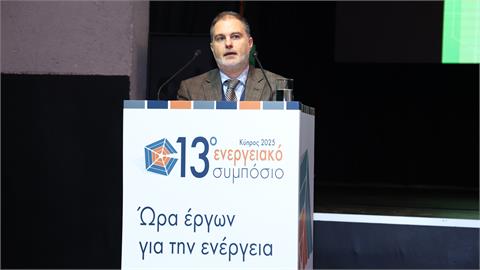On June 5, we celebrated World Environment Day, an event which was established 50 years ago following the first international conference on the environment convened in Stockholm and led to the establishment of the UN Environment Program, known as UNEP, based in Nairobi. The Stockholm conference, which lasted about two weeks and attracted worldwide interest, came as a result of the huge mobilization in the US,
On June 5, we celebrated World Environment Day, an event which was established 50 years ago following the first international conference on the environment convened in Stockholm and led to the establishment of the UN Environment Program, known as UNEP, based in Nairobi. The Stockholm conference, which lasted about two weeks and attracted worldwide interest, came as a result of the huge mobilization in the US, Europe and in many other countries and the huge environmental movement that was brewing. With thousands of scientists but also ordinary citizens protesting against the very obvious and large-scale destruction of the environment by human activities, especially by industry. People began to openly wonder if there was a future on the planet in the face of such a catastrophic onslaught to the environment.
"Only One Earth" was the motto of the Stockholm Conference, which was also the title of a book by Barbara Ward and Rene Dubois's published a few months afterwards. It was preceded by the ecological movement and a series of books and academic research, most notably by Rachel Carson's “Silent Spring”, Barry Commoner's “Closing Circle” and of course the Club of Rome's seminal study, "The Limits to Growth" and more. The popular demand was nothing less than the direct intervention of governments to stop the ubiquitous destruction of the environment and biodiversity and the reckless exploitation of finite energy resources. As a result of the above concerns in the 1970s, both the scientific community and many companies turned their attention to Renewable Energy Sources (RES) for the first time and began to study the possibilities for replacing fossil fuels with systems that utilize solar energy and wind energy and other renewable forms such as biomass, geothermal and hydro.
Today, 50 years later, humanity has made significant progress in both the protection of the environment and the utilization of RES. Through the introduction of strict environmental legislation and the introduction of strong incentives and the disbursement of significant funds for the development of RES. With the environmental narrative having evolved over the years from a plea to protect the planet into that of Climate Change and the goal of reducing the average global temperature by some degrees, this has offered the possibility of quantifying the parameters that affect the climate and thus the establishment of more distinct targets (eg NetZero50 etc)
Energy has been and still remains the most critical factor that largely determines the transition of the current economic-production model to a more advanced one with much lower emissions, and human activities that have little or no impact on our environment. How to achieve this transition without creating serious shocks to the economy and society is the biggest challenge of all.
Since its establishment in 2003 until today, IENE has focused on the environment in relation to the utilization of all forms of energy, conventional and RES, with simultaneous protection and substantial care for the environment. In the ongoing energy transition, companies engaged in the production of energy from fossil fuels are asked on the one hand to be transformed into integrated energy companies and on the other to share their vast know-how, knowledge and experience in energy management and thus to contribute decisively to the ongoing energy transformation.
Striving to achieve a cleaner environment, with lower emissions, lower energy consumption and job creation in better urban and rural environments is a real challenge for each one of us.
IENE renews its commitment to continue working in this direction, inspired by the pioneer scientists, engineers and architects who half a century ago laid the foundations for the large-scale development of RES today and of a fuller and better understanding of our energy cycle.




